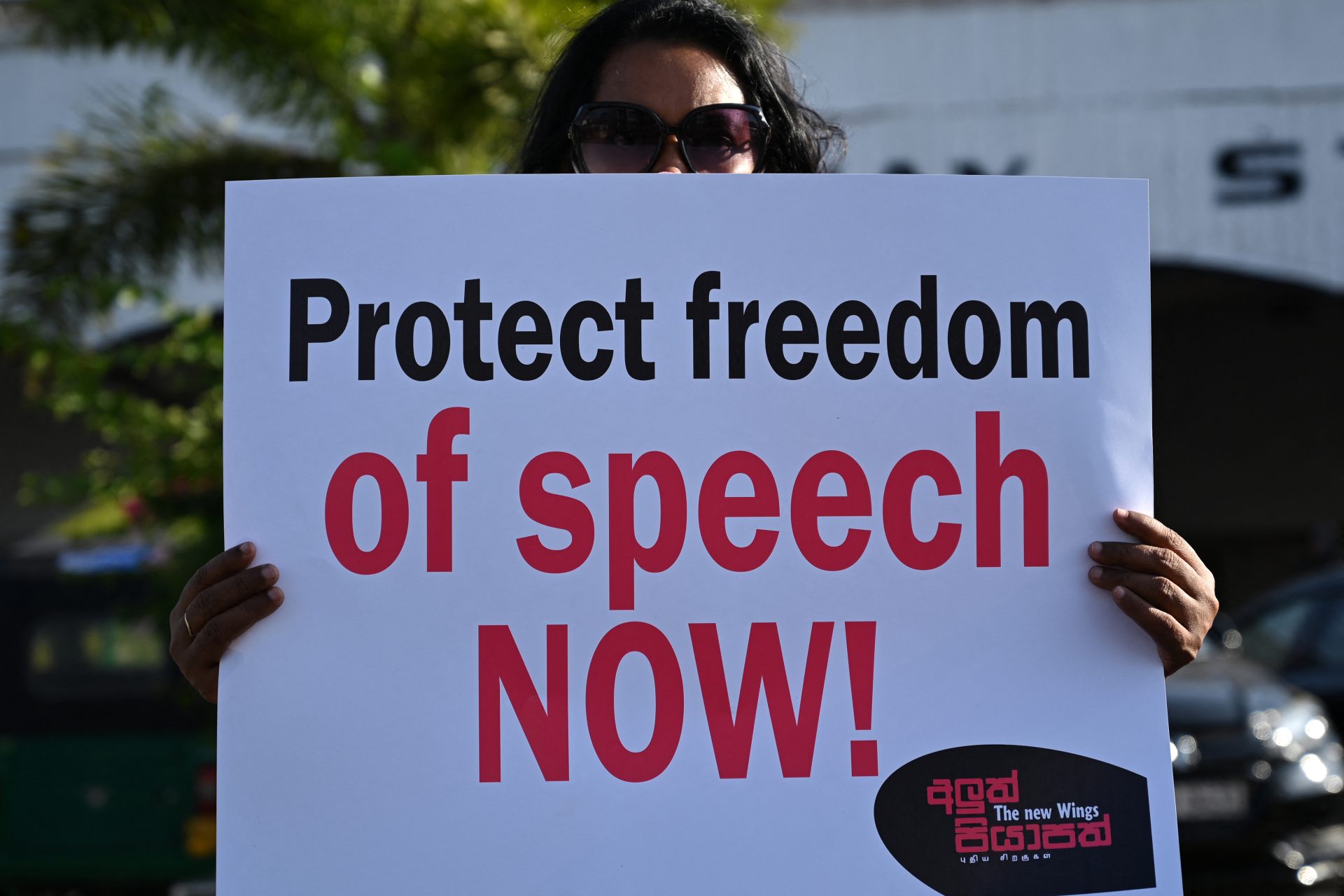The proposed Online Safety Bill in Sri Lanka has ignited serious apprehensions among members of the Sri Lanka Press Institute (SLPI) and affiliated organizations regarding its potential impact on freedom of expression and press freedom.
Despite widespread concerns from civil society, the government is determined to push the contentious bill, Asia News reported.
Minister of Public Security Tiran Alas defended the bill, citing the 8,000 complaints received last year, with 3,000 related to social media. The minister said the bill intends to protect women and children.
International organizations and foreign embassies have already voiced their concerns, urging Sri Lanka to reconsider the bill. However, the government remains steadfast in its commitment to move forward with the legislation.
The SLPI, while acknowledging the need to regulate internet intermediaries, has identified several contentious elements in the bill that could significantly impact the work of journalists, media organizations, and ordinary citizens.
With the bill scheduled for parliamentary review, amendments are expected to be proposed in line with democratic principles and the Constitution.
Critics of the bill point out its vague definitions of terms and delineation of offenses, raising the risk of arbitrary and subjective interpretations. This, they argue, could lead to the potential criminalization of legitimate expressions, creating an atmosphere of self-censorship among various stakeholders, including the media.
The Supreme Court’s ruling in November 2023 has paved the way for potential revisions to 31 out of the 56 articles in the bill. The aim is to enhance provisions related to freedom of expression, the autonomy of the Online Safety Commission, and the definition of offenses.
The SLPI has proposed changes to the bill’s structure, advocating for the appointment of the Commission’s members by relevant industry bodies based on defined criteria.
Nominations would then be considered by the Constitutional Council before being recommended to the president for appointment. This, according to the SLPI, would ensure the Commission’s independence from political influences.
In a statement, the SLPI emphasized the necessity for a balanced approach to the bill, addressing concerns related to disinformation and hate speech without compromising freedom of expression.
The group asserted that achieving such a balance is crucial for maintaining a democratic, transparent, and accountable society.
